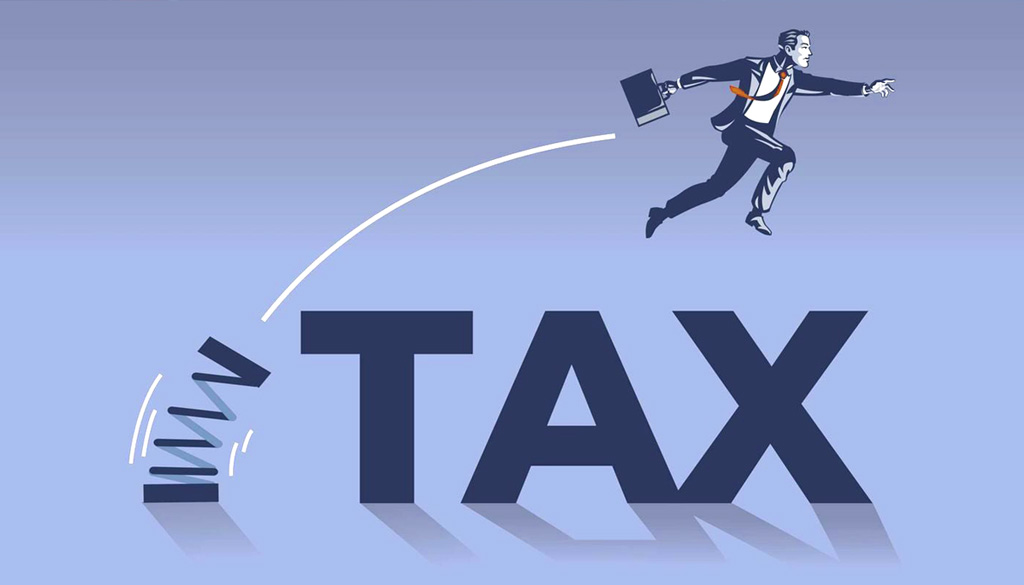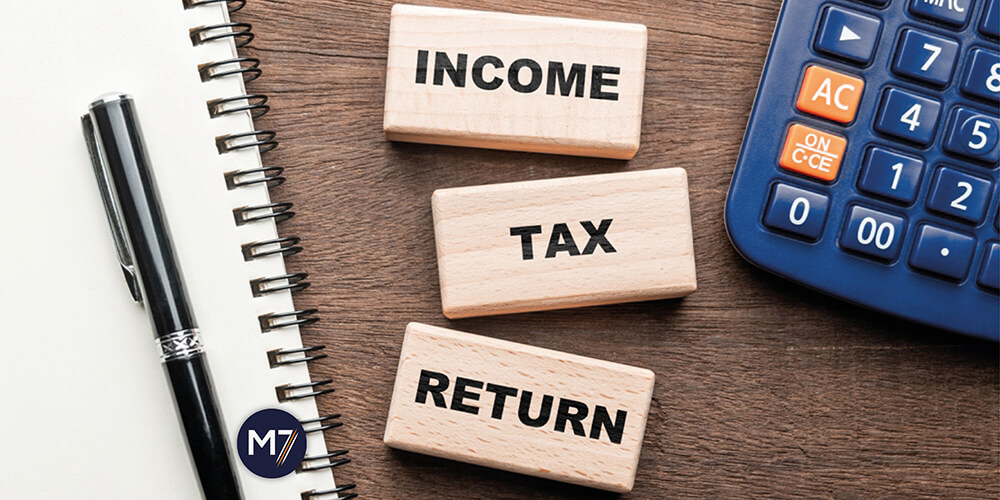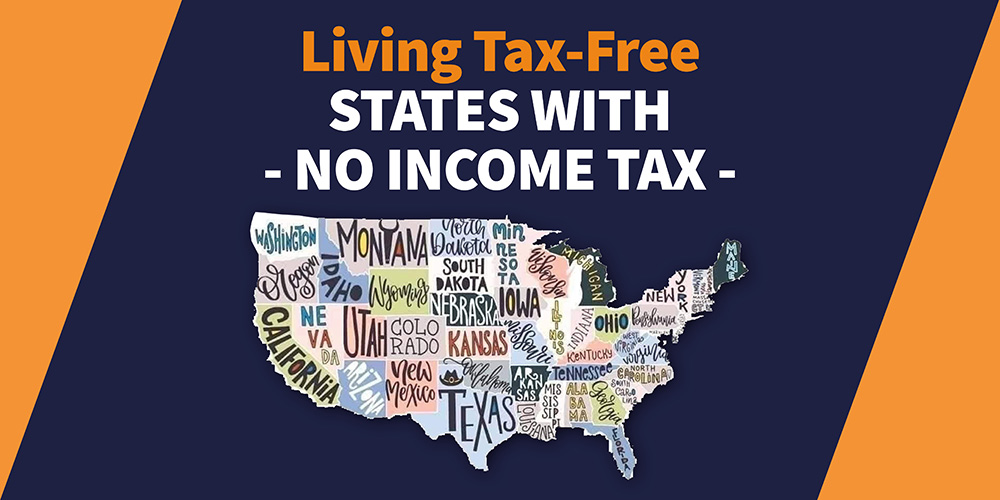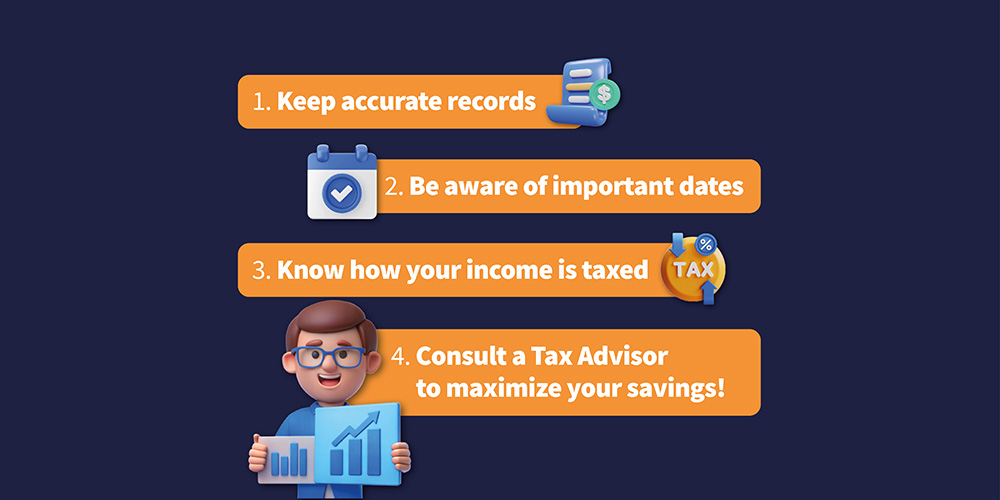Get ready for tax season with our expert advice! 📝💰 Discover essential tips to maximize your returns and navigate the complexities of filing.
How can I minimize Cross-Border Taxes Legally?
Get ready for tax season with our expert advice! 📝💰 Discover essential tips to maximize your returns and navigate the complexities of filing.
How to Avoid Double Taxation in Cross-Border Tax
Get ready for tax season with our expert advice! 📝💰 Discover essential tips to maximize your returns and navigate the complexities of filing.
The Benefits of Limited Partnerships (LPs) for Non-Residents of Canada
Get ready for tax season with our expert advice! 📝💰 Discover essential tips to maximize your returns and navigate the complexities of filing.
Is Your Business Running Without Financial Control?
Get ready for tax season with our expert advice! 📝💰 Discover essential tips to maximize your returns and navigate the complexities of filing.
Don’t Let Uncle Sam Take Your Wealth: Strategies to Keep More Cash in Your Pocket!
Get ready for tax season with our expert advice! 📝💰 Discover essential tips to maximize your returns and navigate the complexities of filing.
Maximize Your Refund: Get Those Ducks in a Row Fast for Tax Season 2025!
Get ready for tax season with our expert advice! 📝💰 Discover essential tips to maximize your returns and navigate the complexities of filing.
Did your tax refund fall short? Maximize Your 2025 Tax Refund: Start Planning Now!
Get ready for tax season with our expert advice! 📝💰 Discover essential tips to maximize your returns and navigate the complexities of filing.
Which States Have No Income Tax?
Get ready for tax season with our expert advice! 📝💰 Discover essential tips to maximize your returns and navigate the complexities of filing.
Get Ahead of Tax Season 2025: Essential Tips for USA Filers
Get ready for tax season with our expert advice! 📝💰 Discover essential tips to maximize your returns and navigate the complexities of filing.














